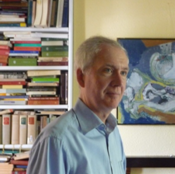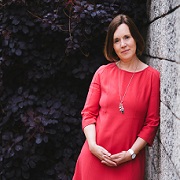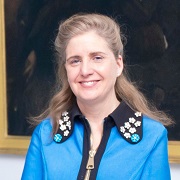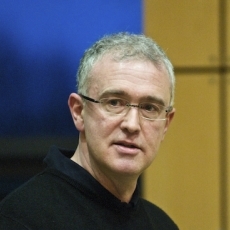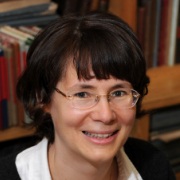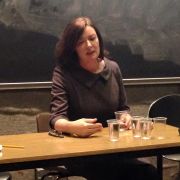What do you expect to find while browsing casually in a Florentine junk shop? A vintage linen chest? A period hat stand? How about a rare testimony about women's advancement in the West, which the troubling headlines from some war-torn parts of the world are now reminding us to take far less for granted than ever before? When she signed her copy of Giovanni Francesco Straparola's Pleasant Nights, Angelica Baldachini (for thus she called herself) could have had no idea she might be cited in a polemic about gender equality, five hundred years later. And when I first spotted the badly damaged book, among others offered for little money by a dealer selling mainly old furniture, I had no clear idea what was inside. I only knew I was getting a bargain. In fact, several years passed before I could give my new treasure the attention it deserved. And when I reached the middle of the book, I was astonished to find Angelica's bold assertion of ownership, not just a signature but a statement, in a meticulous sixteenth-century hand, that the book was hers.
The find was especially remarkable considering that this book was regarded as scandalous at the time. Modeled on Boccaccio's provocative Decameron dating from a couple of centuries earlier, Straparola's Nights, apart from early versions of Beauty and the Beast, Puss in Boots, and other folk tales, was chock full of racy seduction scenes involving people in all walks of life, which the author reportedly culled from existing literary as well as oral sources. True, Straparola and other authors liked to say their works appealed to women, possibly because of the focus on topics not the exclusive preserve of the patriarchs; but here was the proof. Here too was the real question. What was Angelica doing reading such salacious fare? The answer may be the obvious one: namely, enjoying herself by the excellent writing of a work that later became a classic. Why was it prohibited? That is a question for another blog post devoted to censorship past and present. Angelica may have found in literature what so many have found since: a way to free her mind from the categories imposed by her society, by her culture, by authorities sacred and secular, a way to wander with her imagination into places where she had never yet set foot. Fortunately, at least in this instance, unlike so many women of her time and place, and many since, she was able to decide for herself what she would or should not do, and the reasons why.
What does all this have to do with the humanities? The more I think about Angelica’s book, the more I am convinced that our studies are about conveying a certain curiosity regarding culture, behavior and values wherever and whenever they occur, here and there, then and now; because you never know what you might turn up, or how important it could be.


